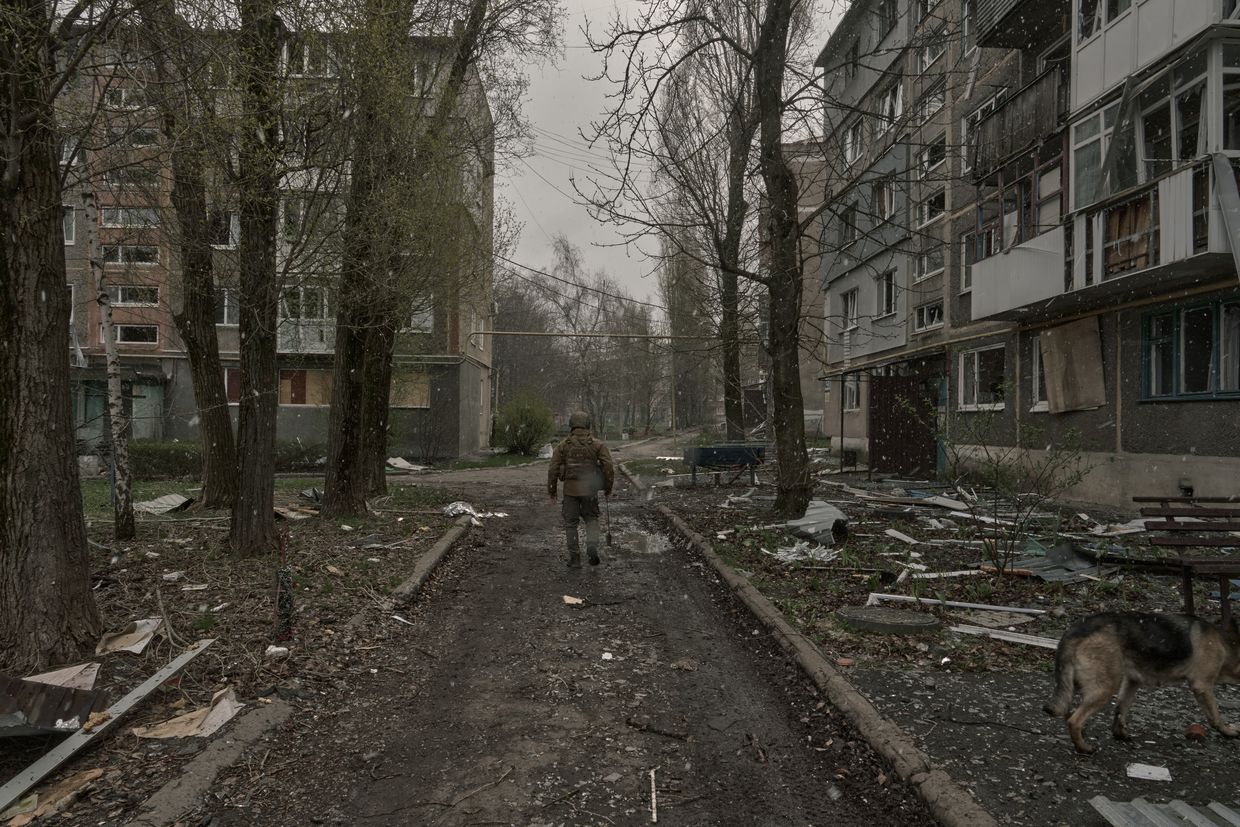Transnistria again declares economic emergency over Russian gas cut

Moldova's Russian-occupied Transnistria region declared a 30-day state of emergency in its economy on June 11, citing a sharp reduction in natural gas supplies, Moldovan media outlet Newsmaker reported.
The unrecognized region, located in eastern Moldova along the Ukrainian border, has faced growing energy shortages since January, when Russian gas giant Gazprom halted deliveries to the territory.
Transnistrian leader Vadim Krasnoselsky issued a decree unanimously approved by parliament. Lawmakers said the state of emergency was necessary due to a "severe general economic crisis" and ongoing socio-economic decline from the energy crunch.
It is the sixth consecutive extension of emergency measures in the region since December 2024. The most recent 90-day extension expired on June 8.
Transnistria had previously received around 2 million cubic meters of gas per day, but since early June, daily supplies have been halved, according to Moldovan energy official Alexander Slusar, cited by Newsmaker.
"This is a request from the company Tiraspoltransgaz (the largest gas supplier in Transnistria), which justifies its decision by citing a lack of funds," Slusar said.
Chisinau has not been buying Russian gas since 2022, but Russian-occupied Transnistria continued to get its gas from Russia until Jan. 1, 2025. The halt in gas deliveries on Jan. 1 was due to Ukraine's decision to stop Russian gas transit, including supplies to Moldova, and Moldova's debt for gas supplies.
Transnistria had been effectively acquiring gas free of charge — a political tool that Russia used to keep the region under its control. The breakaway region's debt for Russian gas amounts to more than $10 billion, according to Moldovagaz, a subsidiary of Russian gas giant Gazprom.
On Feb. 14, Transnistria began receiving gas through a new arrangement: fuel is delivered via a Hungarian company through Moldovagaz, the largest energy company in Moldova, with payments funded by a Russian loan.
The new arrangement followed extensive power outages in Transnistria, which drove the region toward industrial collapse.
In February, Moldova's government said Transnistrian authorities rejected a 60 million euro ($62 million) EU energy aid package under pressure from Moscow, which continues to exert tight political and economic control over the region.
Transnistria, home to around 465,800 people, remains internationally recognized as part of Moldova but has been controlled by pro-Russian separatists since the early 1990s. Russia maintains a military presence in the territory, despite international calls to withdraw.











